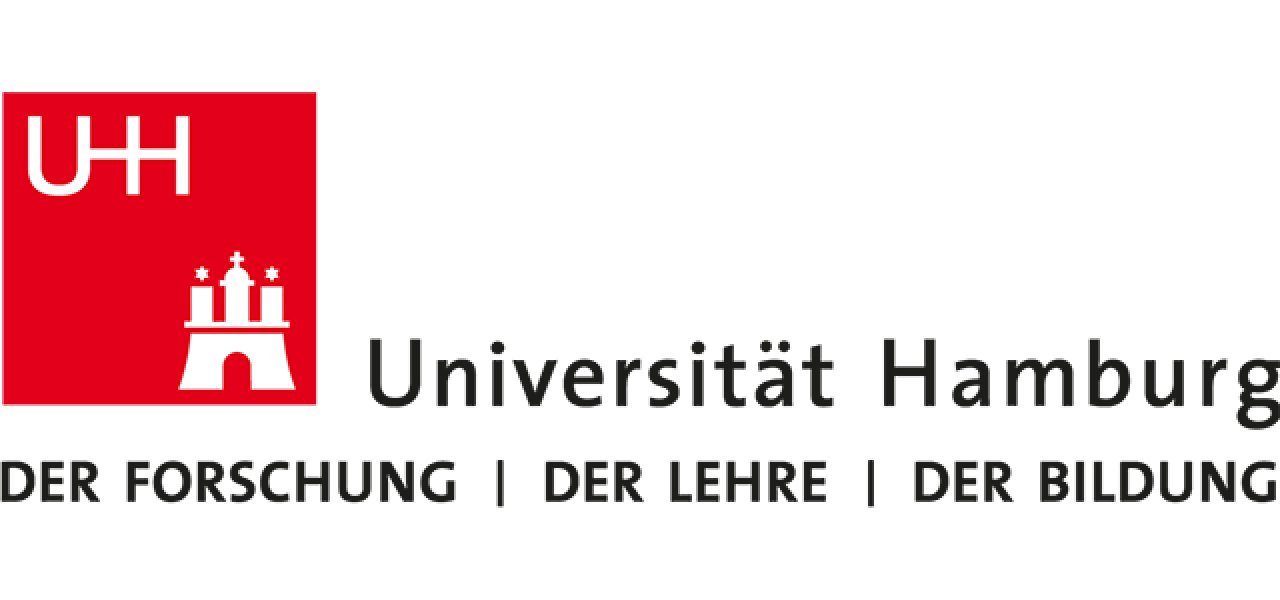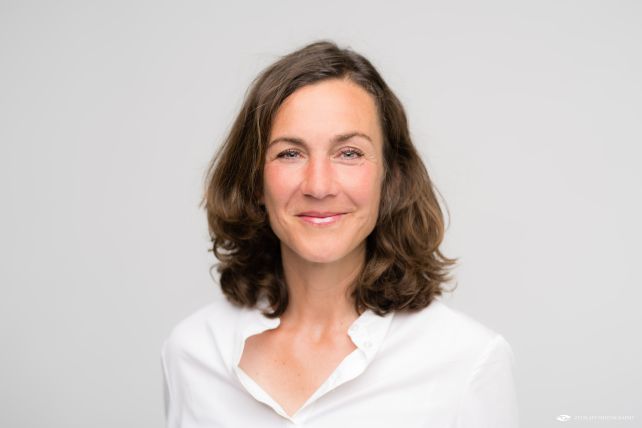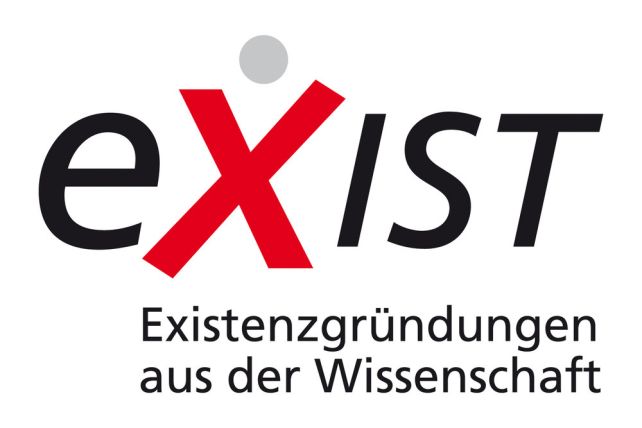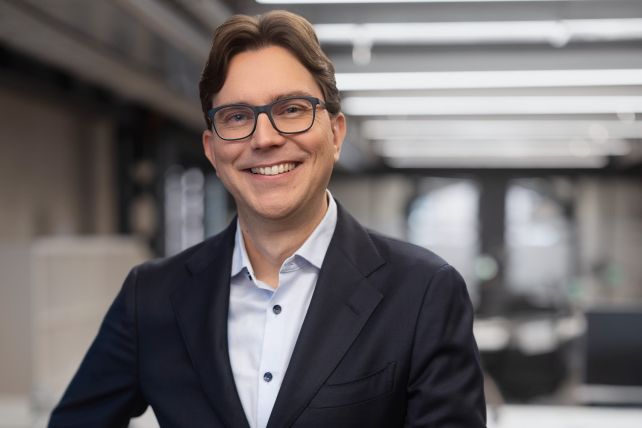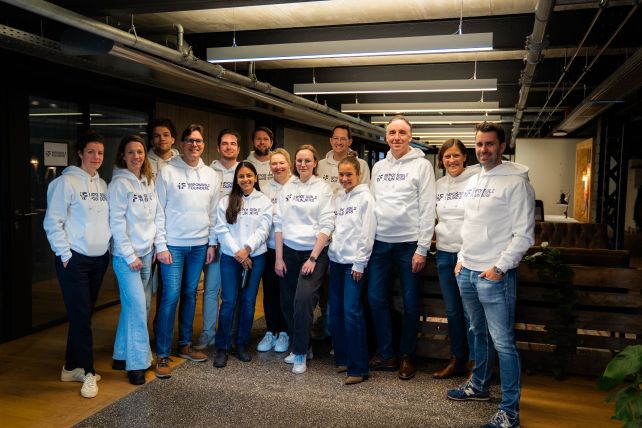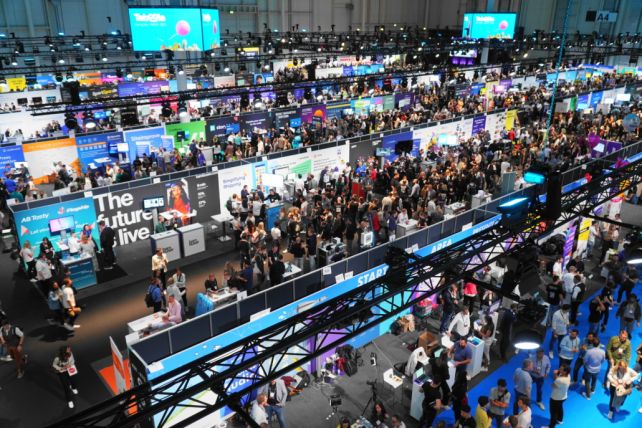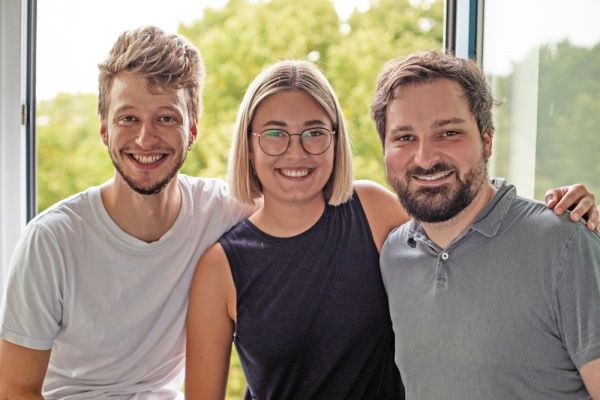
What began as a dream in the 1960s, artificial intelligence (AI) became reality in "Star Trek". Although the “Star Trek:Enterprise” no longer ventures into outer space, AI is being used in medicine among many fields. The Hamburg-based startup AdaLab is behind several AI ventures to help doctors and give them evaluations of patients' vital data.
Founded by Angelie Kraft, Florian Woeste and Anton Wiehe, the trio studied Intelligent Adaptive Systems at the University of Hamburg and mulled what to do with the knowledge obtained. Eventually, their search for a concept bereft of ethical concerns lead them to AI for medical purposes. "Of course, you can also use AI for commercial marketing without appearing like a rascal, but you're in a grey area much quicker than in medicine, for example," Florian pointed out.
Training AI requires the largest possible set of data, but obtaining it can prove challenging. Yet, given the huge amounts, the opportunities for processing data with AI are boundless. And doctors are showing keen interest. "We have had talks with more than 20 university hospitals. They all have data sets that they would like to have analysed. Sometimes, there is a lack of money, but mostly we have to wait a long time because of the data protection regulations," said Florian. That poses a problem for a small team like AdaLab.

Cooperation with the Charité and the UKE
Nevertheless, there is no lack of projects. A collaboration with the university hospital Charité in Berlin gave AdaLab an overview of the field. The hospital had been collecting data on so-called post-operative delirium (POD), a temporary, post-operative brain disorder, for eight years. Those affected have difficulties paying attention, thinking clearly or with their reaction times, among others. After the Charité had evaluated a patient’s blood values, X-rays and expert opinions using its own resources, the hospital wanted to glean more information from the data and contacted the Hamburg-based startup. Together, they are now on a quest to improve the prediction of post-operative delirium based on patients’data.
AdaLab is also working with the University Hospital Hamburg Eppendorf on predicting critical brain pressure phases. Doctors can then react earlier to so-called intracranial pressure and prevent brain damage. Together with the University Hospital Schleswig-Holstein, the startup has investigated the consumption of so-called platelet concentrates or a type of blood concentrate that stops haemorrhages. Unfortunately, this concentrate does not have a very long shelf life. Therefore, it is crucial for a hospital to know when and the amount of concentrate likely to be needed.
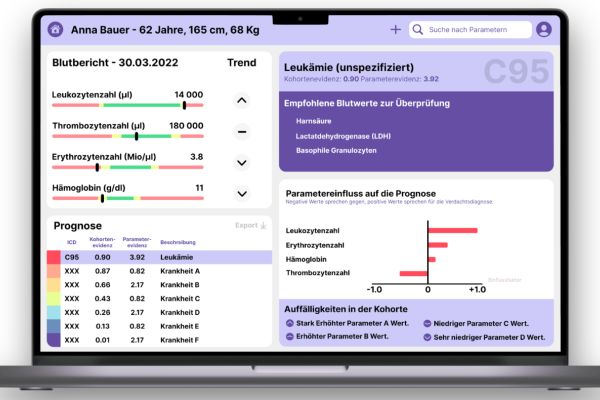
App for medical professionals
AdaLab's latest idea is an app for physicians to help them examine the results of blood tests. "Doctors read blood reports like a newspaper. They don't have time to read everything down to the last word, but skim over everything," said Florian. "That's why we are working on a tool that detects correlations." AI analyses give doctors more information for improved decision-making rather than taking decisions away from them.
AdaLab is now keen on turning its AI into actual medical products. However, this path is complex as the AI has to prove itself in clinical trials, which takes time and costs several hundred thousand euros. To this end, the startup has secured its first funding from InnoRampUp at IFB. The company has also brought an investor on board and is generating income from ongoing projects. AdaLab now hopes to grow healthily and the team is working on more projects simultaneously. The search is now on to find a select few, but suitable employees.
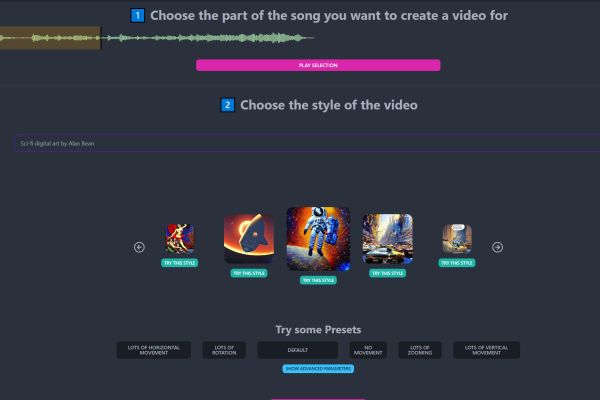
Art as a side-line
AdaLab’s field of activity was not quite clear from the start and the team also mulled the idea of AI-generated art. "The problem was finding customers who are not simply collectors and want to buy a work," Florian tells us. That prompted their decision to focus on medicine.
Nevertheless, the idea of working on art has not been quelled entirely. Anton, the lead programmer, continues to work on this art form as a hobby and has opened up an additional project for AdaLab. While images generated by DALL-E 2, Midjourney or StableDiffusion are already doing rounds on the internet, there is still no good way of generating whole videos. AdaLab is now changing that with their Plazmapunk 'music to music video' tool the alpha version of which recently went online.
Thank you Florian, for the interesting conversation. We wish AdaLab all the best for the future!


